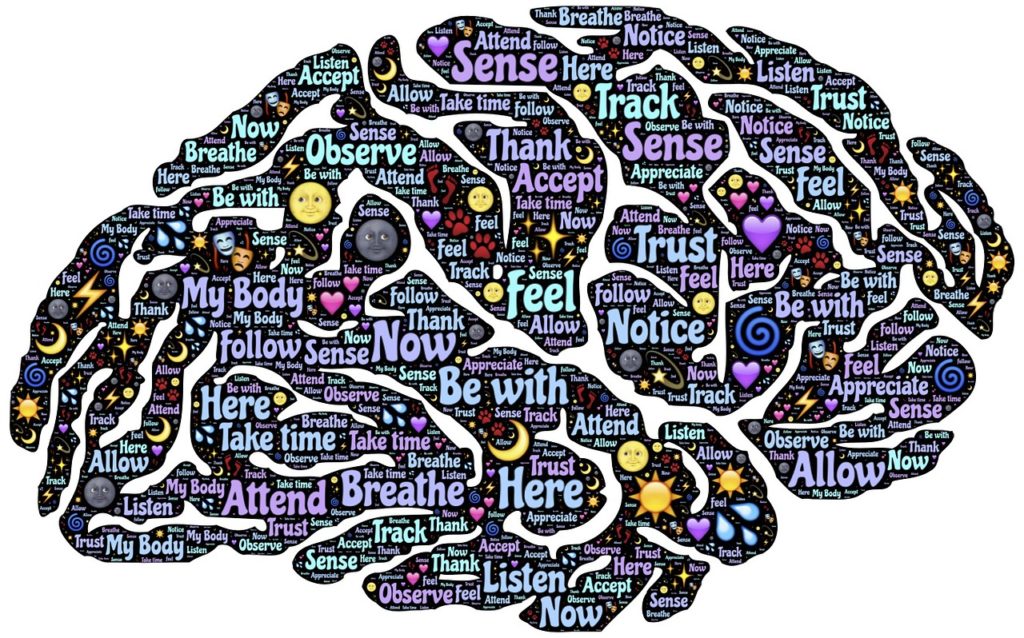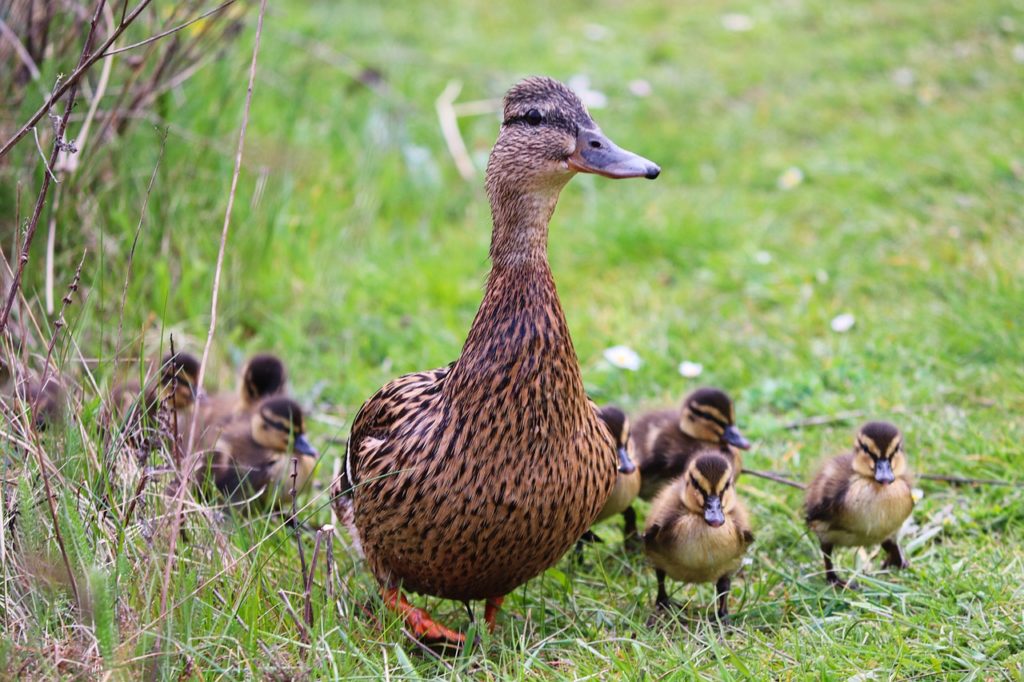Altruism – or “Their-Care” as we’ll come to describe it – is a practice of helping and supporting fellow human beings with whom we share a space and time together. This is notably different from that most natural and familiar desire to love and nurture family, loved ones, and friends; altruism implies a more “disinterested and selfless” concern for the well-being of others.
But then, why do something for someone whom we don’t know, or wouldn’t normally come to know? More specifically, why take time away from activities that serve our own self-interest – as in finding pleasure in some activity, self-improving, making more money, or otherwise caring for self – and engage in those that serve instead to provide benefit for someone else?
Answers abound, but most eventually come round to having some relation to what we might call indirect self-interest. This means we actually do get some benefit, some kind of “reward,” in attending to the welfare of other human beings, even though it doesn’t necessarily result in some kind of specific, direct, or personal advantage, enjoyment, or material gain.
The “reward” relates to fulfilling what Maslow defined as mid- and upper-level needs – those having to do with belonging, feeling valued, productive, and effective, and in believing one is of existential consequence.
Needs can give rise to reasons for living, for “being here” and engaging in life. One in particular – which relates to finding meaning and purpose – is found in that caring for others; and this includes both those we know and love as well as those beyond our personal sphere of daily living. We may satisfy our needs for meaning and belonging when we 1) promote others’ health, happiness, and well-being, and 2) mitigate, or even better eliminate, any unnecessary suffering in another person’s life experience.
_______
Why do we “feel good” when we help others? One reason may be in its evolutionary roots: We need first to survive…which means “beating,” avoiding, and overcoming hurt, pain, and death. And this is intimately connected to our need for others – and they for us. To live, we come into this world entirely dependent on others to survive; and then to prolong life, we eventually become, with age, increasingly dependent on others to do so. And all the while, we need others to potentially satisfy many of our other needs – not to mention desires. Just imagine, for a moment, a world where you are alone, where there is no one else around…
Another reason also lies in the “wiring” of our genetic being (something that remains “a part of the mystery”): It’s called reciprocity – the exchanging of things (whether considered or not) with others for mutual benefit. It may be something simple – say, a smile – that is returned “automatically” (i.e., the Elephant), or more complex (i.e., intentional) – like, say, the asking/granting of a favor. However nuanced, the doing good for others “just feels good.”
_______
Life can be – is – difficult, and unfortunately more so for some. A person can, too easily, become cynical, conceited, and/or myopically self-absorbed. Such a person has lost, or maybe just never discovered or experienced, the pleasure, satisfaction, and fulfillment in the “doing good for others.” Nevertheless, like self-care for the individual, altruism – “their-care” – is the practice of learning and doing for others that which is sustaining, beneficial, and nurturing.
Turns out their-care is actually…another means of self-care.

